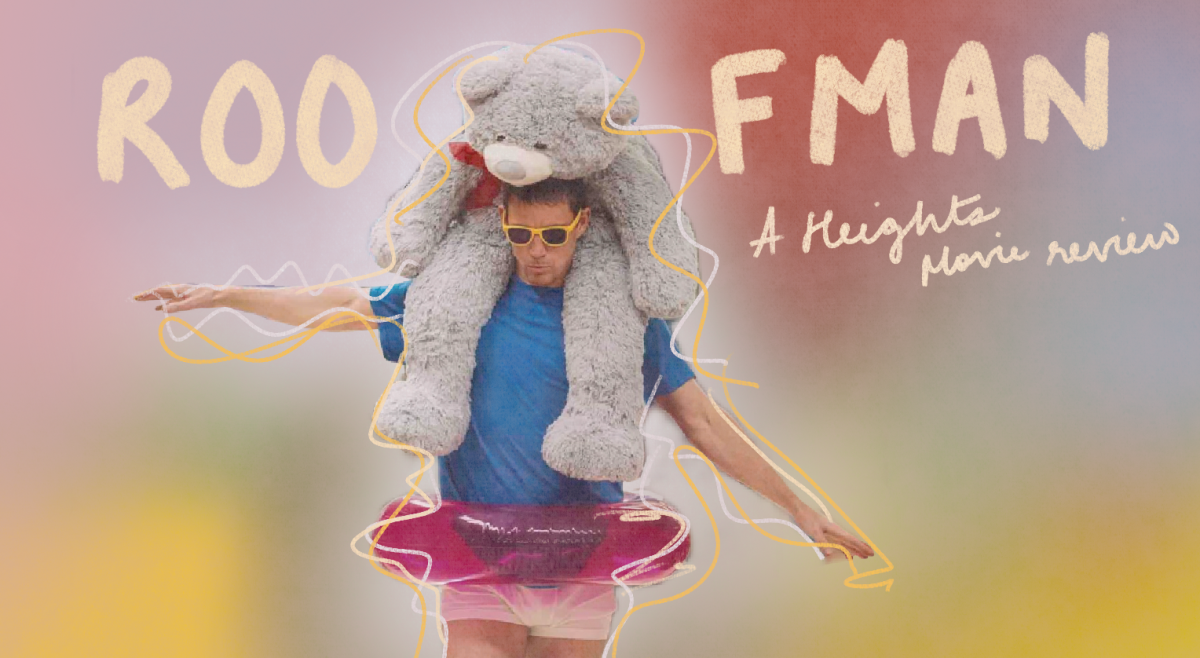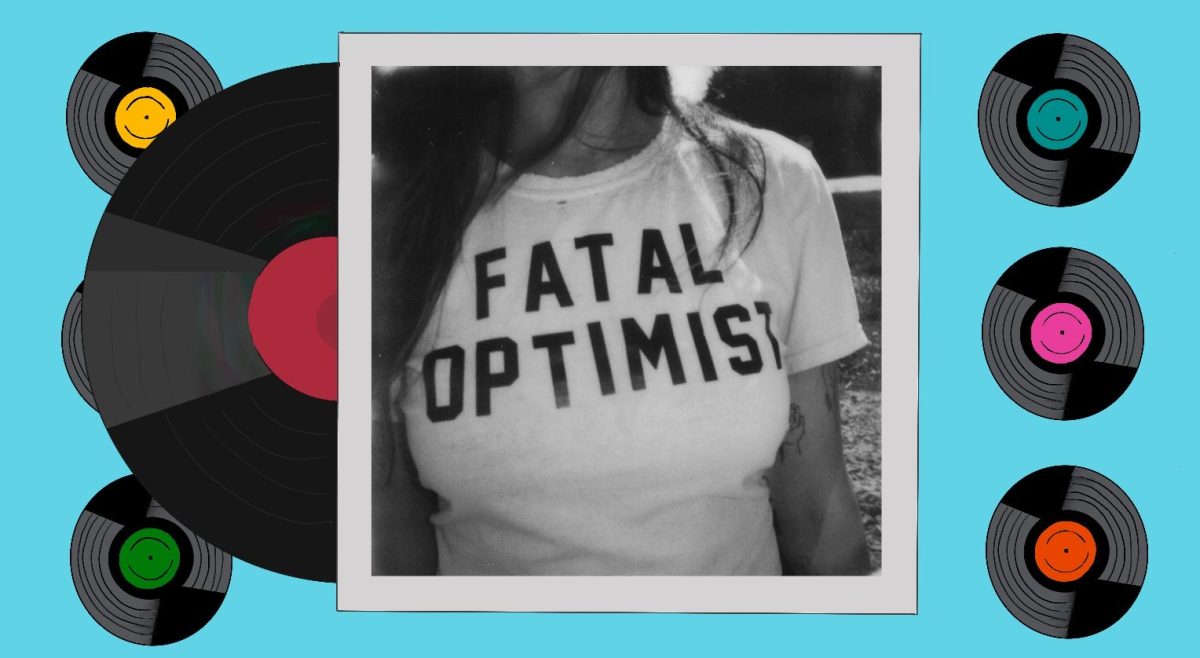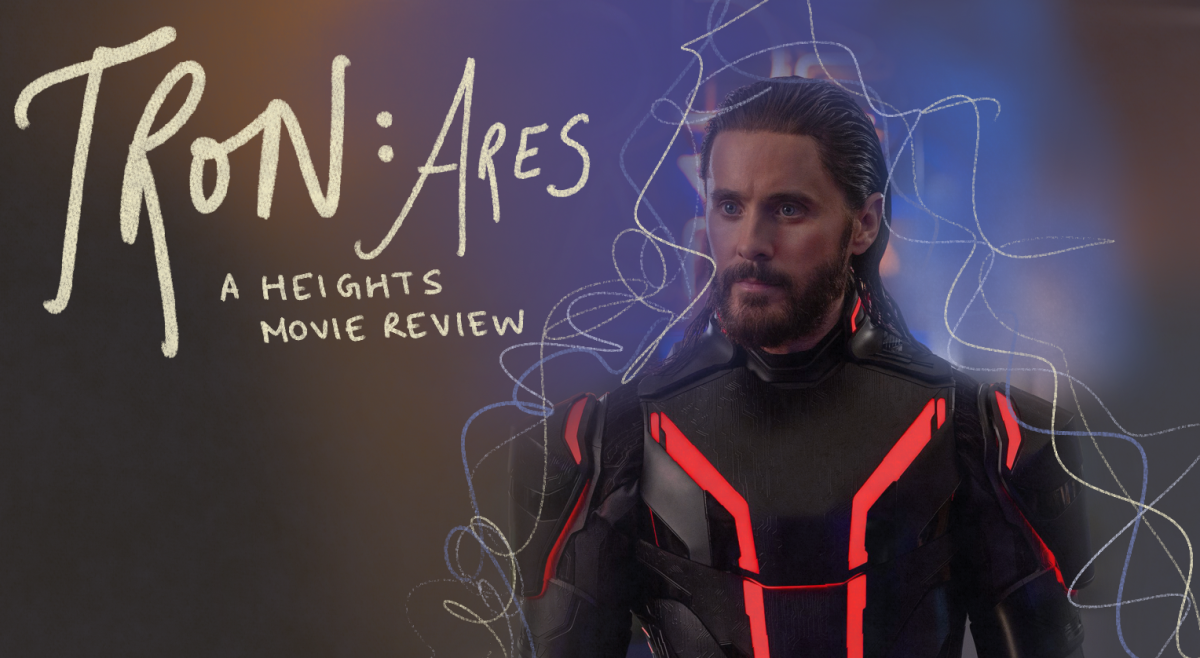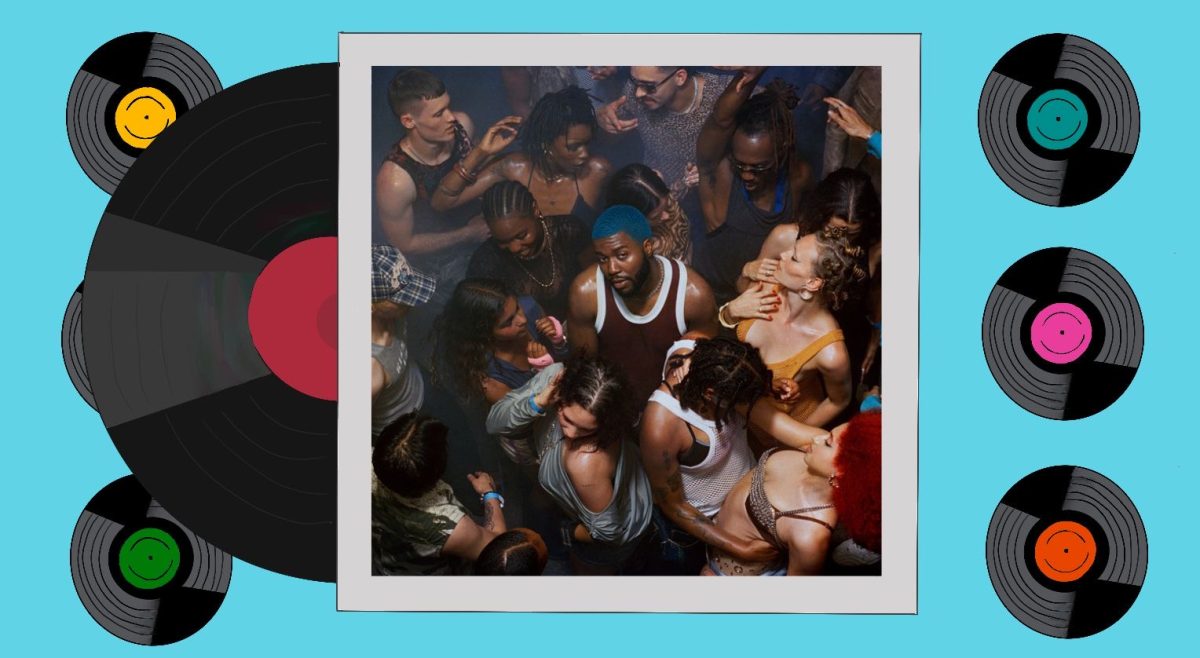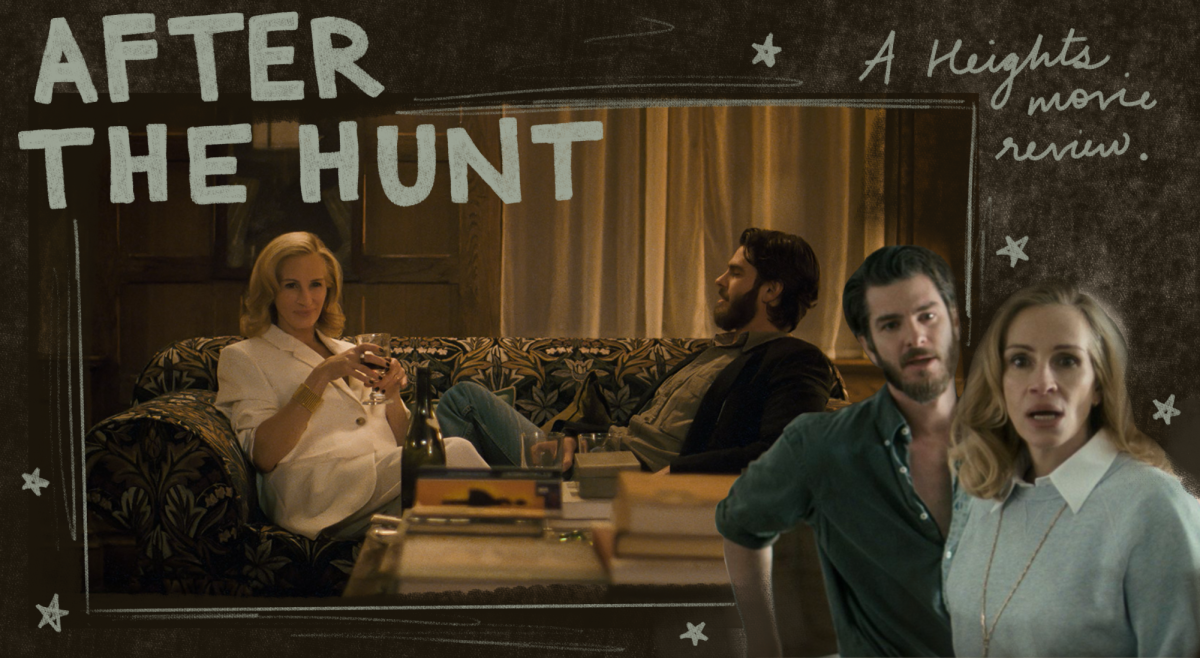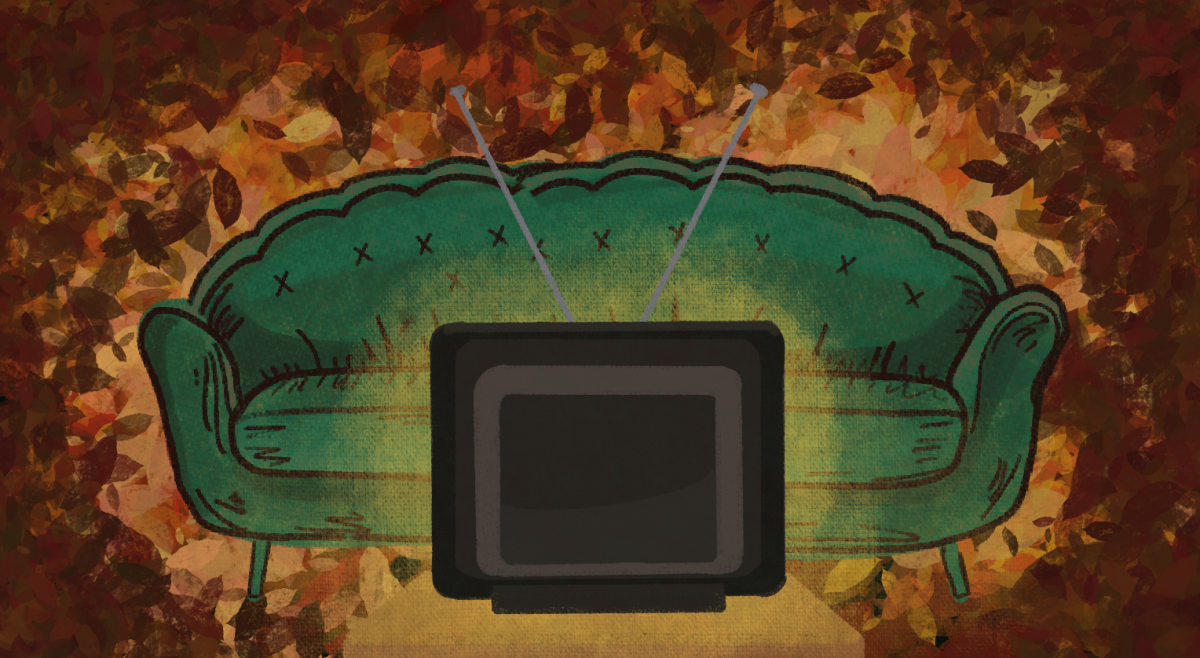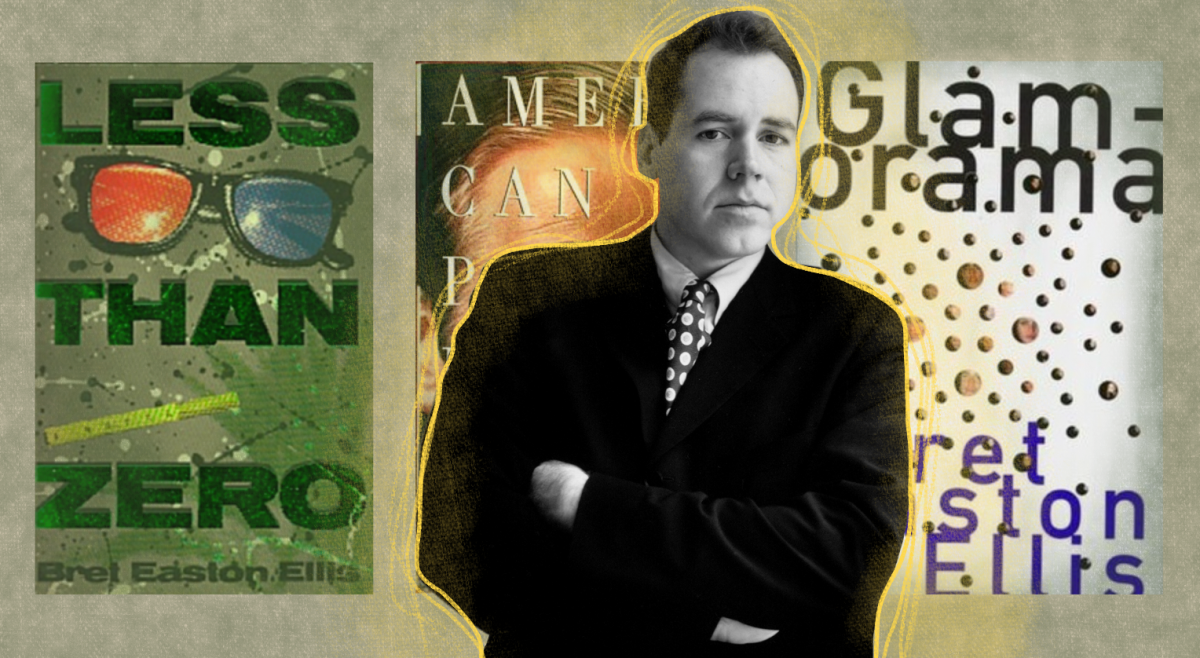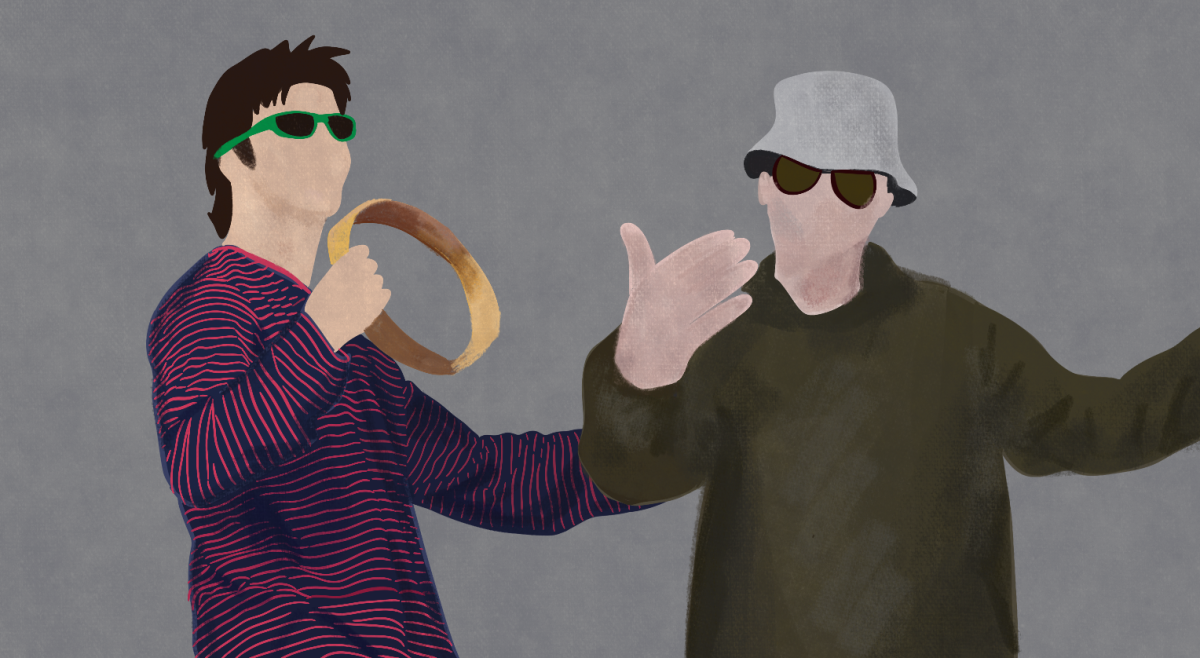The Office of News and Public Affairs has gotten considerable flak for its #BC2018 campaign-an initiative aimed at attracting admitted students to Boston College through a series of social media videos. The University’s efforts to present itself as “the best school ever”-as one student in the “Welcome #BC2018” video puts it-come across as overenthusiastic, to say the least. That said, it’s naive for anyone to expect a video running a little over three minutes to successfully articulate the identity of a university. When I begin to sift through the intentions of the Office of News and Public Affairs, it’s clear this video is meant to serve as nothing more than a snapshot-a quick glimpse of people that prospective Eagles could meet.
Once we accept this video as simply a look at the University-a means of putting faces to the numbers that high school seniors are left to swim in during the admissions process-these social media initiatives start to make sense. The way BC leverages its identity through social networking sets it apart from most other American universities. When it comes to likes on Instagram, BC is third in the national rankings, falling just behind University of Wisconsin Madison and Stanford. When we consider how capable BC administrators typically are when it comes to using technology, “Welcome #BC2018” should have been a brilliant play.
“Welcome #BC2018” was not in the least bit negative, and in part, that was the problem. The whole ordeal felt slightly like an embarrassingly positive comment on the students at BC. Think of that relative everyone seems to have who comments on near everything posted on Facebook. At its heart, “Welcome #BC2018” wasn’t all too different from the proverbial aunt, commenting “How handsome” or “You look just like your mother” on that picture you were tagged in over the weekend.
Heights opinions columnist Victoria Mariconti remarked in her column, “The Problems With #BC2018,” last week that the video was a tacit endorsement of underage drinking. While this might be true, we also have to remember, again, this is our embarrassing aunt we’re talking about here. I’ve seen plenty of grandparents commenting on weekend drinking pictures, ignoring the red Solo cups, and instead mentioning how proud they are of their grandchildren.
This brings us to the second common misconception regarding the video. As much as we’d like to think high school seniors have full autonomy when it comes to college decisions, they don’t. “Welcome #BC2018” will probably matter a lot more to parents than to students. Unlike all the 17-year-old Machiavellis out there scrambling for power in the last days of their high school careers, most parents aren’t looking to overtake the world come college decision time. They care for the rankings, but perhaps second only to that, they’re looking for a place their child will be happy, and if little else, “Welcome #BC2018” gives a strong impression of that.
Considering the limited purpose of this video, there are still critiques to be made. For one, the #BC2019 campaign should show more, and tell less. Last weekend, the Undergraduate Government of Boston College hosted the Annual Showdown-something I consider to be one of the most impressive events at BC. The dance competition, which featured 13 of the University’s premier acts, demonstrated a lot of what “Welcome #BC2018” only superficially managed to do-it showed off an active, supportive, diverse, and extraordinarily talented student body. BC administrators should be fawning over the possibility of showing off an event as unique to BC as Showdown. More importantly, however, Showdown was a snapshot of the University that the students themselves will be happy to have shared.
Showdown, of course, hardly breaks the surface when it comes to BC traditions worth showing off to admitted students. The issue with the proverbial embarrassing relative on social media is she’ll be proud of whatever you do. “Welcome #BC2018” is framed from an adult’s perspective of what college should be, with those sentiments reflected in the comments of actual BC students. It’s a smart idea, and I’d be remiss to discredit the gains this University has made through its social media presence. What makes a video so powerful, however, is that it can show something an admission brochure or college guide cannot. This is what made last month’s “Happy” video a viral hit. Unlike for-profit colleges-which have no choice but to create superficial identities for themselves-BC should be confident enough to shave away the veneer of admissions puffery when it comes time to show its true fabric.

